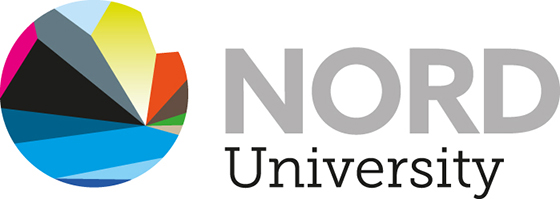
UNIVERSITY OF NORDLAND | NORWAY
- Universitetsalléen 118026 Bodø, Norway
- Visit University Websites
- University Type: Public
- Famous For : Entrepreneurship university




The University of Nordland, formerly known as Bod University College, was a state-funded institution in Bod, Norway. The institution merged with Nesna University College and Nord-Trndelag University College in January 2016, becoming Nord University. Norway student visa from Bangladesh is provided by Shopnotour for Students.
Bod is characterized by its incredible complexity. From the sun at noon to the Northern Lights. From the mountains to the fjords. From tranquil lakes to raging winter seas. We inform students about bodo city in Norway, Norway student visa costs, Norway student visa insurance, Norway block account, how to create a student bank account in Norway, how to get Norwegian citizenship, how to obtain a part-time job in Norway, and so on.
It is referred to be an entrepreneurial research university.
The most extensive network in many sectors
You live in a lovely city.
Campus life is alive and well.
Faculty as a whole:
Business and Aquaculture, Professional Studies, and Social Sciences
Tuition fees for postgraduate students range from: It is open to all nationalists.
Travel documentation that is valid (Passport)
Curriculum Vitae (CV) (Detail Address, Phone Number, Email & Skype ID)
Two reliable references with email and phone numbers
SSC and HSC grades are 75%.
The Bachelor’s above Degree resulted in a mark of 75%.
Certificate of English Proficiency (IELTS 6.0 or above or TOEFL 554 or above)
Statement of Purpose/Motivational Letter Work Experience (If Available)
The cost of admission is 20,000/=.
Contact Us
Shopno Tour
01958553912-4
Studying abroad offers several benefits, including exposure to new cultures and ways of thinking, the opportunity to learn a new language, the chance to gain international experience and make global connections, and the potential to boost your career prospects.
The admission requirements for studying abroad vary depending on the country and the institution you are applying to. Generally, you will need to provide academic transcripts, proof of English language proficiency (such as TOEFL or IELTS scores), letters of recommendation, and a personal statement or essay.
When choosing a study abroad program, consider factors such as the location, academic reputation of the institution, program offerings, cost, and support services available to international students.
The process for applying for a student visa varies depending on the country you are applying to. Generally, you will need to provide proof of admission to a recognized educational institution, evidence of financial support, and a valid passport. You may also need to attend an interview at the consulate or embassy.
Studying abroad can be expensive, but there are several options for financing your education, including scholarships, grants, student loans, and part-time work. It is important to research and apply for funding opportunities early in the application process.
To prepare for studying abroad, make sure you have all the necessary documentation, including a valid passport and student visa. Research the culture and customs of the country you will be visiting, and consider learning some of the local language. Connect with other students who will be studying abroad to build a support network, and make sure you have sufficient funds to cover your living expenses.
The process for finding housing while studying abroad varies depending on the country and the institution you are attending. Many institutions offer on-campus housing options, while others may provide assistance in finding off-campus accommodations. It is important to research your options and make arrangements well in advance of your departure.
Many institutions provide support services to international students, such as language classes, cultural activities, academic advising, and counseling services. It is important to take advantage of these resources to help you adjust to your new environment and succeed academically.
